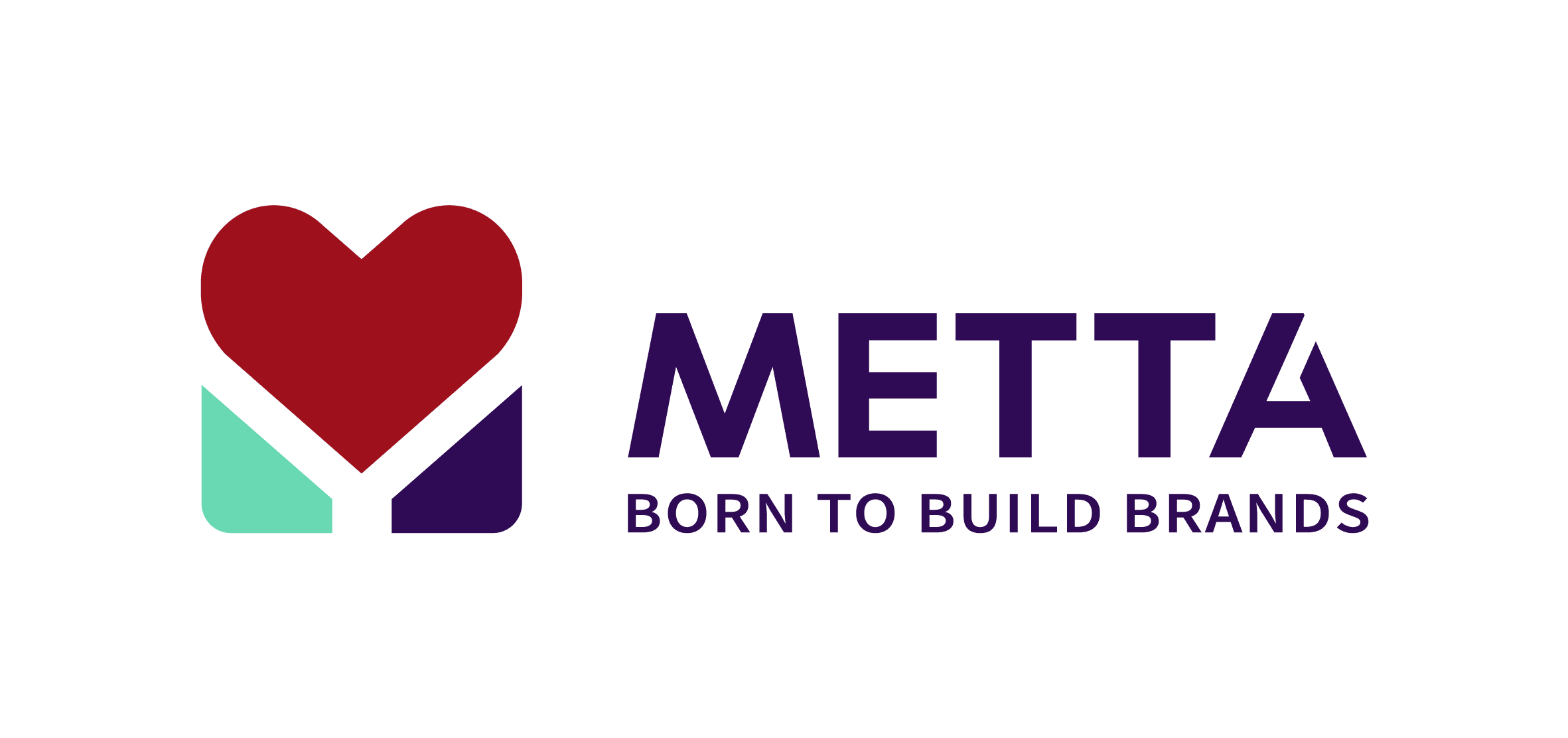Marketing and HR: Cultivating Company Culture and Mastering Talent Acquisition
It is widely acknowledged that talent acquisition and company culture establishment is no longer confined to the singular domain of the human resources department. Other departments equally assume collaborative roles to undertake this responsibility. Particularly noteworthy is the pivotal role that the synergy between Marketing and HR assumes in the endeavor of cultivating corporate culture and effectively attracting top-tier talent.
Why Apply Marketing to Human Resources?
The number of newly established businesses continues to rise each year, while the pool of skilled workforce becomes increasingly scarce. Therefore, to attract top talent, the human resources management efforts require distinctive strategies in order to successfully recruit adept individuals into the team.
Furthermore, in the rapidly evolving digital landscape of today, the task of workforce development is not exclusive to anyone. Marketing for human resources is indeed the means for businesses to avoid situations of candidate shortage, weak teams, or unhealthy company culture.
Marketing Implementations in human resources aim to attract talent and contribute to building the company culture, thereby addressing challenging issues. Marketing for human resources can effectively tackle the recruitment puzzle.
Incorporating Marketing into HR can effectively solve recruitment challenges
Human resources pose a complex challenge not confined to any singular enterprise. Given the high competitiveness of the market, many businesses find themselves in situations of labor shortages. Successful recruitment, but it turns out the personnel lack the necessary skills to meet business demands.
Marketing Implementations for human resources stand as a rational approach to solve this intricate puzzle. Leveraging effective marketing techniques facilitates the attraction and engagement of potential candidates, transcending the confines of a traditional recruitment post to create an environment where candidates are enticed to ‘come and stay.’
Maintaining a ready workforce for continuous growth
Employing marketing within HR operations constitutes a long-term endeavor. It extends beyond recruitment cycles, as businesses must consistently shape their image to resonate with employees, external partners, and clients, ensuring a lasting and comprehensive understanding of the company. Consequently, when recruitment needs arise, a pool of potential candidates is readily available, eliminating the need for frantic candidate searches.

Propagating a Comprehensive Brand Image
It would be advantageous if we consistently attracted new customers and maintained a substantial base of loyal clientele. Even more beneficial would be our ability to construct a comprehensive brand image: a brand synonymous with exceptional products/services and a working environment that is coveted by all.
Marketing can assist human resources in bolstering employee engagement through various internal initiatives. Enacting marketing endeavors for human resources will elevate the company’s public profile, yielding efficacy for both business operations and recruitment.
What does Marketing contribute to Human Resources in the context of talent acquisition and building company culture?
Successfully attracting and recruiting talented candidates for a business is analogous to winning over customers’ choices and cultivating brand loyalty. Hence, marketing for human resources also aims at the goal of promoting the company’s image across various channels, introducing both the personnel and the company to potential candidates. This process, in turn, draws prospective candidates to the organization.
In summary, with effective coordination and a well-structured plan, marketing can certainly aid the human resources department in attracting talent and showcasing the corporate culture during recruitment endeavors.
Strategic Planning
Not limited to marketing alone, any activity before execution requires detailed planning. The recruitment process and the establishment of company culture are no exception. A specific plan is essential, involving a thorough analysis of internal factors and external influences affecting the business (some models to reference might include SWOT, PEST). Through these shared practices, the marketing department can assist human resources in devising a systematic and precise plan.
Accurate Target Identification
Just as marketing needs to accurately identify potential customer segments, the recruitment of personnel necessitates a clear definition of the ‘profile of potential candidates’. Alongside the specific job requirements, marketing can aid human resources in discovering additional insights about candidates. This helps determine whether the company’s needs and the candidate’s work environment preferences align. Such an approach assists human resources in conducting recruitment effectively, in the right direction, and optimally managing costs for the enterprise.
Similarly, not every internal activity within a business suits all employees. Therefore, in every endeavor, human resources also need to accurately identify the appropriate target audience. This is one of the factors contributing to a robust corporate culture, as every individual is exposed to activities tailored to their preferences and their team.

Selecting Appropriate Channels
Every human resources activity, whether aimed at talent attraction or building corporate culture, has its own suitable communication channels. Marketing can leverage its understanding of the benefits and characteristics of each communication and media channel to support human resources in implementing strategies effectively.
In today’s age of the digital transformation revolution, businesses have various means to disseminate their image and content products to different target groups. Each medium possesses distinct advantages and strengths, requiring careful consideration to choose a medium that ensures both effectiveness and cost efficiency.
Monitoring & Assessing Activity Effectiveness
Human resources can rely on templates synthesized from marketing, as well as measurement tools, to gauge how many candidates their strategy has reached, how candidates are responding to their recruitment campaign, whether many candidates are applying for the positions being promoted, which means of marketing communication yield the highest effectiveness, and so on. The same approach can be applied to activities focused on building corporate culture.
Ideally, consider each target audience and specific campaign to accurately determine which positions and marketing channels complement each other for optimal results. Extract experiences from these endeavors to guide future campaign implementations.

Attracting talent and cultivating corporate culture are no longer the exclusive responsibilities of the HR department. Other departments, notably Marketing, need to apply their expertise and experience to support HR in accomplishing their tasks effectively. A robust enterprise is where marketing and sales harmonize, and where HR and marketing together achieve success.
To achieve this and become a leading brand, a business needs a visionary and comprehensive strategy that understands both internal and external contexts. Simultaneously, a specialized team to execute marketing activities is essential for success. Metta encompasses all the essential components that a business necessitates. Please don’t hesitate to furnish your company details here or get in touch with us at phung.metta@metta.com.vn for superior consultation and assistance, with a steadfast commitment to preserving the confidentiality of your company’s information.
Metta Marketing
Leading Brand Strategy Consultant










